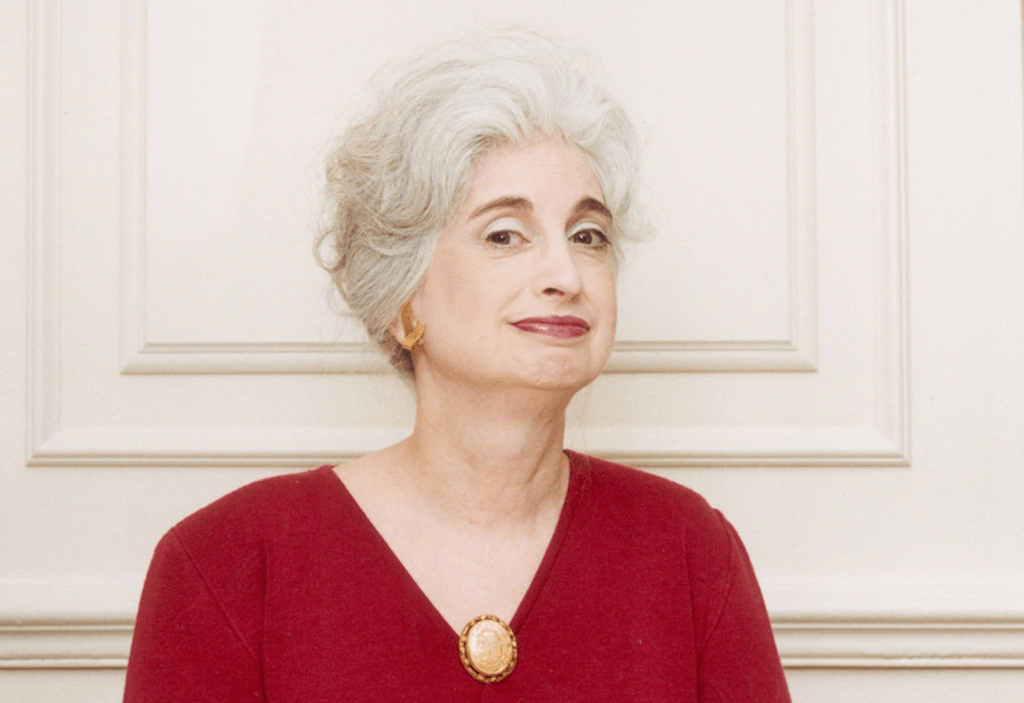Politics
Dining Etiquette Under Scrutiny: Is Using a Tablecloth as a Napkin Acceptable?

A recent inquiry to Miss Manners has sparked a debate over dining etiquette, particularly regarding the use of tablecloths during formal dinners. At a hotel-hosted event featuring buffet-style dining, a guest was observed lifting the tablecloth to her lap, claiming it would prevent spills on her gown. This act raised questions about appropriate behavior at such gatherings.
The incident occurred at a dinner where attendees donned semi-formal attire and were seated at large, round tables draped in floor-length tablecloths. The guest’s actions drew attention, yet she seemed unaware of the potential breach of etiquette. The tablecloth in question was black, matching the napkins provided, which further complicated the situation.
Historical Context of Tablecloth Etiquette
In response to the inquiry, Miss Manners referenced historical etiquette guidelines established by none other than George Washington. The former president, known for his adherence to decorum, had compiled a list of rules that emphasized the proper use of dining linens. Among these rules was a prohibition against using the tablecloth for personal purposes, a guideline that has persisted through the years.
Washington’s rules, influenced by earlier teachings from 18th century Jesuits, dictated that the tablecloth’s primary function is to adorn the table, not to serve as a personal napkin. Although the guest was not using the cloth to clean her teeth—a clear violation—the broader implication remains: the tablecloth should not be repurposed for individual use.
According to Miss Manners, the appropriate item for protecting clothing from spills is the napkin. This small piece of fabric is designed for such tasks, ensuring that dining remains both elegant and respectful. The act of utilizing a tablecloth in this manner not only detracts from the table’s presentation but may also be considered inconsiderate to fellow diners.
Family Dynamics and Holiday Invitations
The discussion did not end there. Another query addressed the complexities of family dynamics during holiday gatherings. A blended family invited their adult children to Thanksgiving dinner, only to be met with concerns about non-family guests. The adult children expressed a desire for the gathering to consist solely of relatives, prompting discussions about the appropriateness of such requests.
Miss Manners responded by highlighting the importance of family unity. She noted that it is entirely reasonable for family members to request a gathering limited to relatives, especially if there is a desire to strengthen familial bonds. However, she also emphasized the importance of considering each family member’s feelings, particularly in instances where others might be left out.
Ultimately, the decision rests with the hosts. As parents, the couple has the right to include or exclude guests based on their own values and circumstances. This dialogue illustrates the delicate balance between respecting individual preferences and maintaining inclusive family traditions.
In conclusion, whether discussing the proper use of table linens or navigating family dynamics during holiday celebrations, etiquette remains a crucial aspect of social interactions. As Miss Manners suggests, understanding and adhering to these guidelines can enhance the dining experience for all involved.
-

 Lifestyle4 months ago
Lifestyle4 months agoLibraries Challenge Rising E-Book Costs Amid Growing Demand
-

 Sports4 months ago
Sports4 months agoTyreek Hill Responds to Tua Tagovailoa’s Comments on Team Dynamics
-

 Sports4 months ago
Sports4 months agoLiverpool Secures Agreement to Sign Young Striker Will Wright
-

 Lifestyle4 months ago
Lifestyle4 months agoSave Your Split Tomatoes: Expert Tips for Gardeners
-

 Lifestyle4 months ago
Lifestyle4 months agoPrincess Beatrice’s Daughter Athena Joins Siblings at London Parade
-

 World4 months ago
World4 months agoWinter Storms Lash New South Wales with Snow, Flood Risks
-

 Science4 months ago
Science4 months agoTrump Administration Moves to Repeal Key Climate Regulation
-

 Science3 months ago
Science3 months agoSan Francisco Hosts Unique Contest to Identify “Performative Males”
-

 Business4 months ago
Business4 months agoSoFi Technologies Shares Slip 2% Following Insider Stock Sale
-

 Science4 months ago
Science4 months agoNew Tool Reveals Link Between Horse Coat Condition and Parasites
-

 Sports4 months ago
Sports4 months agoElon Musk Sculpture Travels From Utah to Yosemite National Park
-

 Science4 months ago
Science4 months agoNew Study Confirms Humans Transported Stonehenge Bluestones









